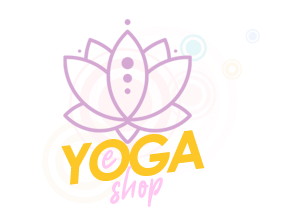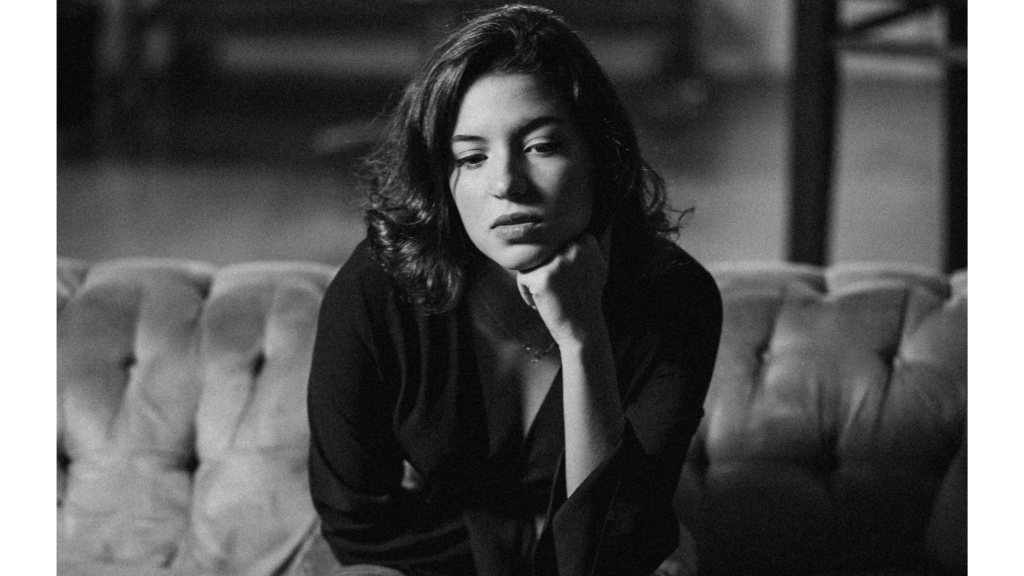“], “filter”: { “nextExceptions”: “img, blockquote, div”, “nextContainsExceptions”: “img, blockquote, a.btn, a.o-button”} }”>
Heading out the door? Read this article on the new Outside+ app available now on iOS devices for members!
>”,”name”:”in-content-cta”,”type”:”link”}}”>Download the app.
Life is a constant series of decisions, large and small. For many of us, these tend to be accompanied by a nagging sense of worry and a flurry of worst-case scenarios that cloud our judgment. This low-level anxiety can halt our progress and become a barrier to our expansion. Breaking the cycle of doubt and fear demands tuning into your intuition. But sometimes it can be remarkably challenging to know the difference between intuition and anxiety.
For example, maybe you’re about to start a new job and, at the last minute, feel a strong urge not to sign the contract. Is this your intuition speaking or just anxiety? How do we differentiate between intuition and anxiety, particularly when faced with a significant decision?
The Difference Between Intuition and Anxiety
Intuition is that inner voice that guides you by offering clarity and insights. It’s that profound knowing that helps you bypass the noise of your everyday worries and make decisions that align with your highest good. But sometimes anxiety can seem remarkably indistinguishable.
The most significant difference between intuition and anxiety is how they feel in your body. Intuition will always feel expansive while anxiety typically feels constrictive. When you’re listening to your intuition, your body feels at ease and relaxed. On the other hand, anxiety manifests as tension and a sense of being closed off.
When you make a decision from your intuition, it feels empowering. Even if you’re saying no to something, it will feel right, as if it were aligned with your truest self. Your body will feel open, and you will have a clear sense of knowing. Your mind will be calm and you won’t endlessly second-guess your decision. There’s a sense of peace and certainty that comes from within.
In contrast, when anxiety is driving your decision-making, fear is a constant companion. Your mind will race from one thought to the next. Your thoughts will dwell on potential scenarios that are beyond your control. You may find yourself vacillating between different choices, always scared or doubtful and never feeling settled or certain. When you talk about your decision out loud, you might notice your voice sounding tense, flat, or even depressed. Your indecision and constant mental churn are clear indicators of anxiety at work.
By distinguishing between the constrictive feeling of anxiety and the expansive feeling of intuition, you can make decisions that align with your truest self.
How to Trust Your Intuition
Taking any leap of faith can be daunting. But when you do it from a place of intuition, it feels right. Even if you experience some apprehension, the overall feeling is one of alignment and empowerment.
It takes some practice and practices like meditation, self-care, and mindfulness can help. Simply sitting with yourself and observing your breath can be enough to open yourself to your intuition. Remember, though, it’s important to feel any emotion arising. Your intuition is felt, so you must feel everything to access it. This is where journaling can also be beneficial. As feelings arise, ask what they are teaching you.
Feeling your intuition and letting it guide your decisions can help you overcome the anxiety that often holds you back. It also anchors you in your truth and what you innately know to be right for you rather than giving control to your worries. This eliminates much of the fear around decision-making and allows you to move forward with confidence and clarity.
When you consistently choose to follow your knowing, life becomes a more beautiful dance of ease and co-creation in which you trust your intuition to guide you, and life responds by providing the situations, people, and opportunities that help you expand. This is characterized by ease and synchronicity, in which things seem to fall into place effortlessly as you encounter people and situations that feel aligned.
This doesn’t mean that challenges and obstacles and even fear won’t arise. However, when you’re in tune with your intuition, you navigate these challenges with grace and resilience rather than anxiety and frustration. Trusting your intuition empowers you to live a life that is authentic, fulfilling, and aligned with your highest potential. It also helps you begin to trust that every experience, even when difficult, is part of your growth and expansion.
Remember, your intuition is always guiding you. You simply need to listen to it.
Learn more about the difference between intuition and anxiety in a free masterclass, Intuition vs Anxiety: How to Tell the Difference, with Jill Wintersteen on July 2nd at 11 am.
About Our Contributor
Jill Wintersteen is the founder of Spirit Daughter, a lifestyle brand devoted to helping you live your best life through understanding the energy of the Universe. She also writes workbooks on each full Moon as well as other astrological events. Follow her on Instagram @spiritdaughter.










